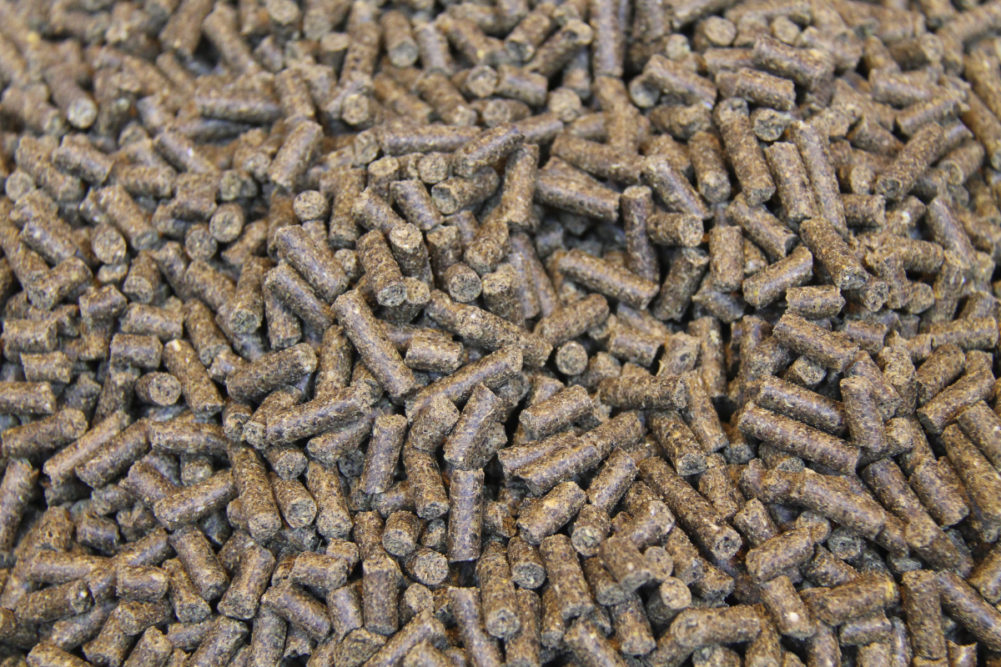NICHOLASVILLE, KENTUCKY, US — Led by growth in China and Latin America, global feed production increased by 1% in 2020, to 1.187.7 billion tonnes, according to the annual Alltech Global Feed Survey released on Jan. 26.
It reversed last year’s decline of 1%, the only time in the 10 years of the survey in which global production decreased.
China saw 5% growth in feed output and reclaimed its position as the top feed-producing country in 2020 at 240 million tonnes, according to the survey.
“In the face of challenges of disease and lockdown, China’s rebound has been faster than expected,” Alltech said.
Rounding out the top 10 feed-producing countries, including tonnage and growth percentage, are:
- the United States (215.9 million tonnes, up 1%)
- Brazil (77.6 million tonnes, up 10%)
- India (39.3 million tonnes, down 5%)
- Mexico (37.9 million tonnes, up 4%)
- Spain (34.8 million tonnes, unchanged)
- Russia (31.3 million tonnes, up 3%)
- Japan (25.2 million tonnes, unchanged)
- Germany (24.9 million tonnes, unchanged)
- Argentina (22.5 million tonnes, up 7%).
Altogether, these countries account for 63% of the world’s feed production and can be viewed as an indicator of the overall trends in agriculture, Alltech said.
By region, feed production increased 4% in Latin America (176.5 million tonnes), 2% in Asia-Pacific (443.9 million tonnes) and 1% in North America (237.2 million tonnes). It decreased 2% in Africa (43 million tonnes), the Middle East (24.8 million tonnes) and Oceania (10.4 million tonnes), and fell 1% in Europe (261.9 million tonnes).
The global data, collected from more than 140 countries and more than 28,000 feed mills, indicates feed production by species as follows: broilers, 28%; pigs, 24%; layers, 14%; dairy, 11%; beef, 10%; other species, 7%; aquaculture, 4%; and pets, 2%.
The predominant growth came from the broiler, pig, aqua and pet feed sectors.
Disease continues to challenge swine producers, and there is concern in Oceania about the spread of African swine fever as it continues to spread throughout the Asia-Pacific region.
“Despite that challenge in some areas of Asia-Pacific, China has bounced back significantly from African swine fever,” Alltech said. “Asia-Pacific remains flat in growth because many other countries, such as the Philippines and Thailand, continue to struggle with the disease.”






